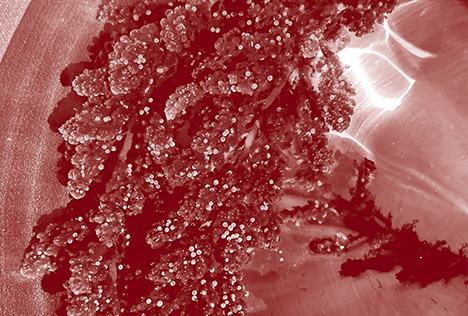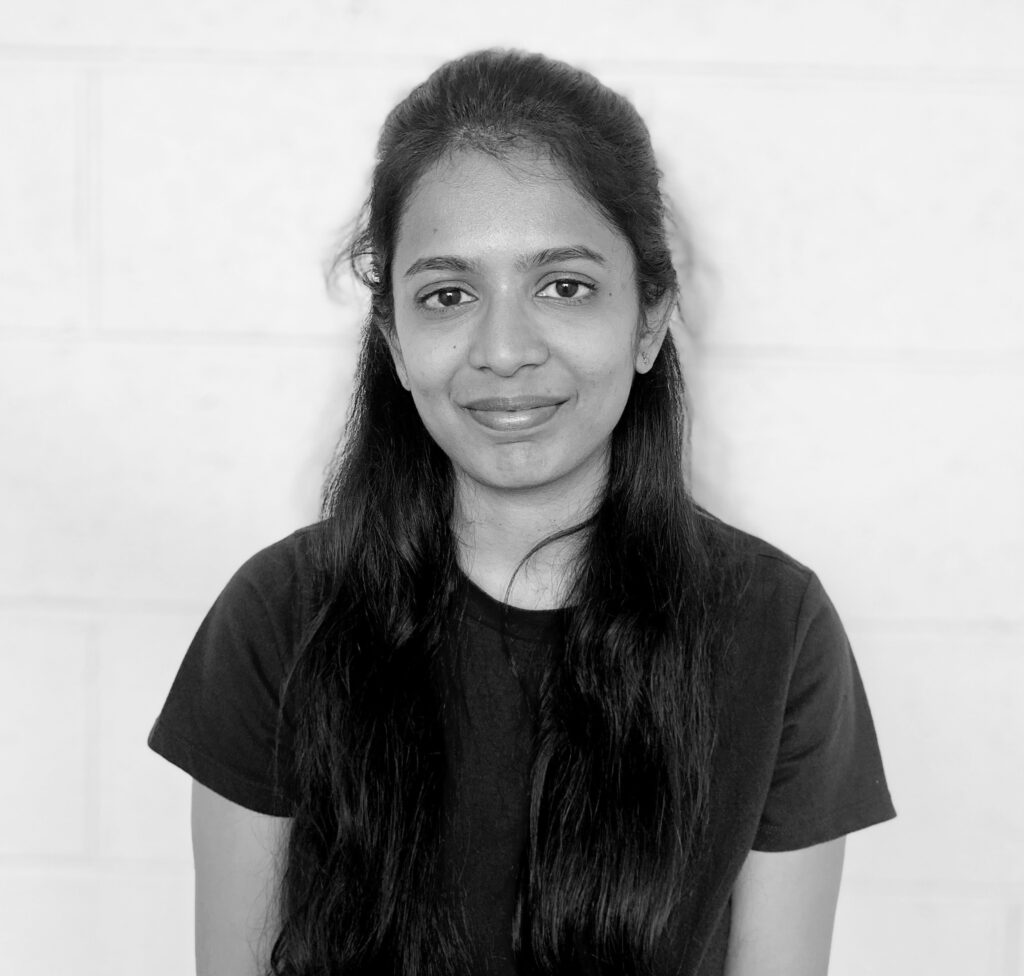What is Asparagopsis Seaweed?
Asparagopsis is a naturally occurring red seaweed native to the Western Australian Coast.
More weight gain from less feed
CSIRO researchers found that when Asparagopsis taxiformis is added to cattle feed it significantly neutralises the methane produced in the animals’ stomachs.
In addition to reducing methane emissions from Asparagopsis feed supplement, CSIRO researchers recorded a potential of 20% growth rate enhancement during a 90-day feeding period due to the energy intensive nature of methane generation.
IN FACT, A TRIAL FOUND THAT WHEN A COW’S DIET CONTAINS JUST 0.2%
ASPARAGOPSIS, METHANE GENERATION IS REDUCED BY MORE THAN 90%.
ACCESS FUTURE FEED RESEARCH AND REPORTS HERE
ASPARAGOPSIS, METHANE GENERATION IS REDUCED BY MORE THAN 90%.
ACCESS FUTURE FEED RESEARCH AND REPORTS HERE
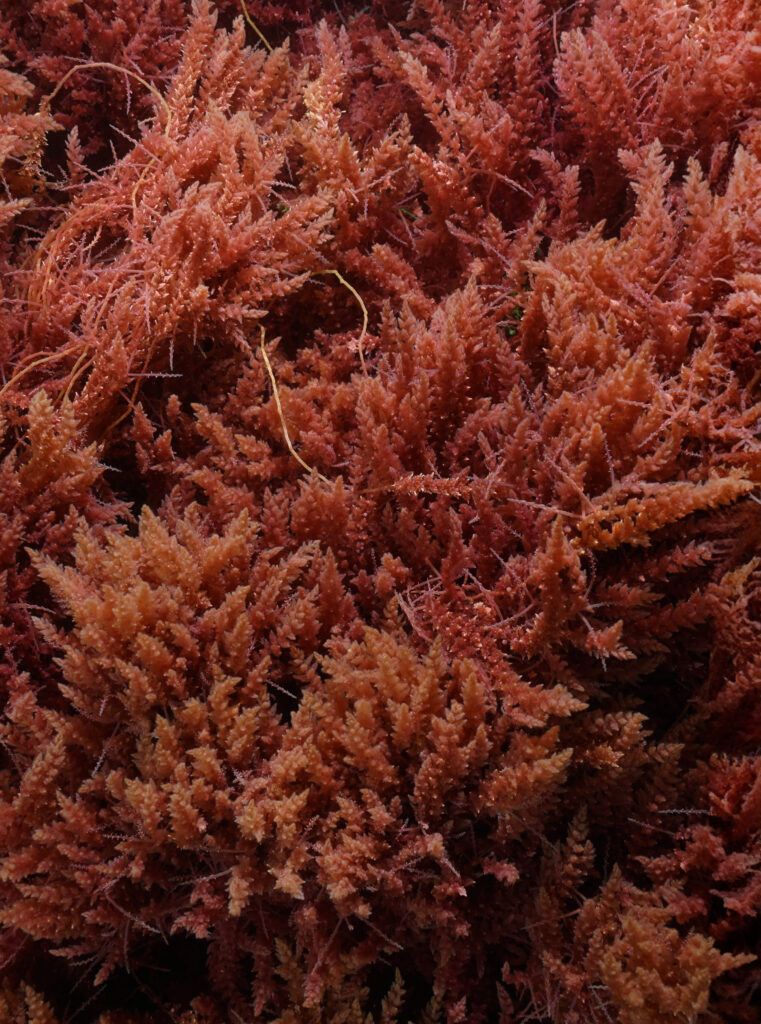
Species
There are currently two Asparagopsis seaweed species high in natural bromoform. SeaStock is currently focused on the cultivation and production of Asparagopsis taxiformis derived compounds.
Asparagopsis Taxiformis
Tropical to Warm water
19 – 29 degrees
Asparagopsis Amarta
Cold water
15 – 24 degrees
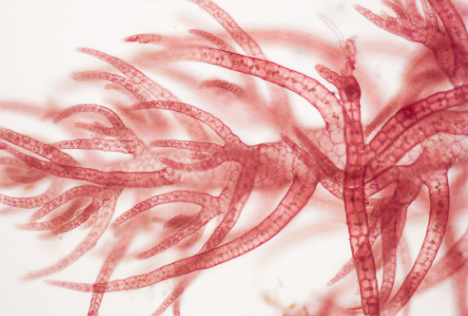
Natural Bromoform (CHBr3)
Bromoform is an active chemical found in Asparagopsis Spp, and is the primary cause of methane reduction in the ruminant animal’s stomach, working alongside 120 other bioactive compounds found in the seaweed. Australian and New Zealand demand for Bromoform for methane reduction is expected to reach A$1 billion by 2030. It’s uses and applications, in addition to its use as a methane reducing feed supplement for livestock is currently being identified and expanded.
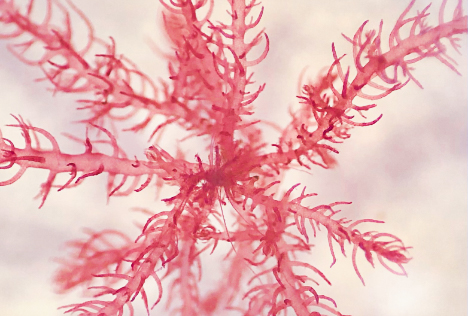
Extracting natural compounds
SeaStock is currently working with our research team to extract a range of high value natural compounds from seaweed and algae for use in the pharmaceutical, food and beverage, and health care industries.
